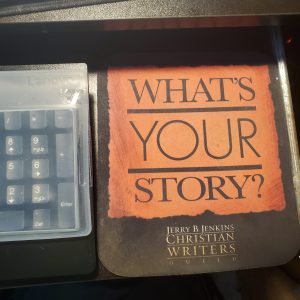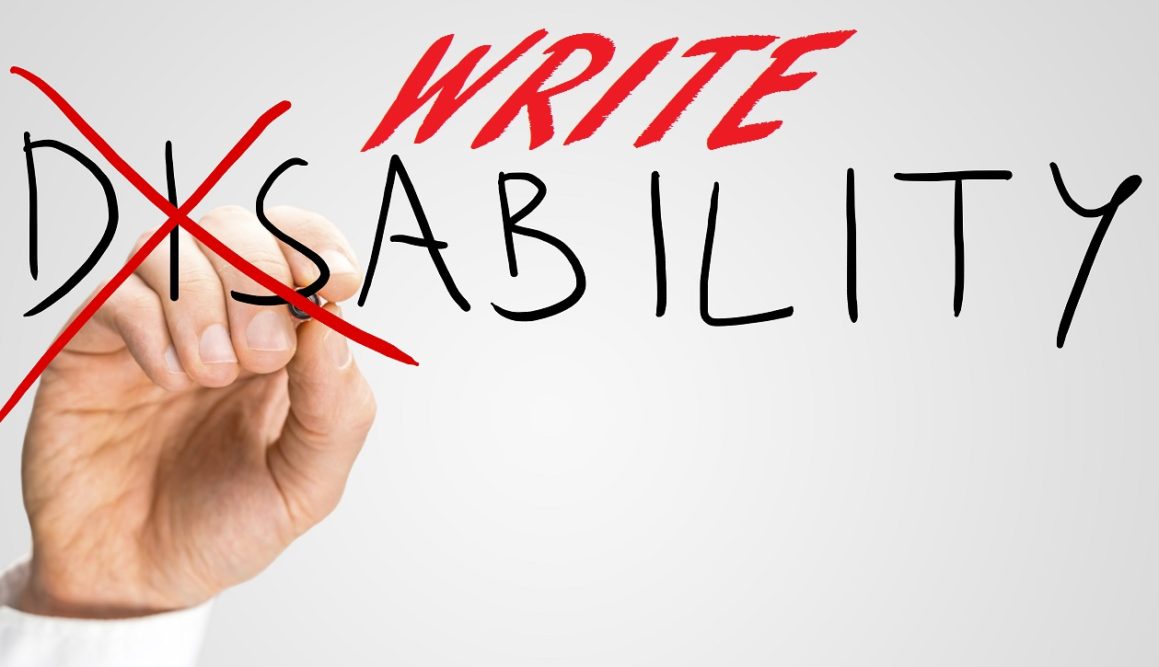One of the biggest fears of mine and a lot of people with disabilities is that our voices no longer matter in society, almost like we have become irrelevant to the world. This goes beyond depression and inabilities. Sometimes disabled persons struggle to find their purpose within the larger community.
Recently, I discussed with a fellow writer with health issues about how our struggles can either silence us or make us stronger. The truth is, disabilities can give us another perspective on life—one that matters now more than ever! Our lives are forever changed, I like to think we haven’t lost anything but, gained more insight into life.
- Perspective.
- Empathy, not sympathy.
- More to say.
- A new audience/community.
When I had my accident I became part of a new community, the brain injury community. Each year an estimated 1.5 million Americans sustain a TBI.1 One in four Americans lives with a disability, 61 million adults in America who want to believe they still matter.2 Each year I add more friends within the brain injury community.
My circle of influence has grown thanks to my disability, it hasn’t become less important —quite the opposite. This serves two purposes. It allows me to learn from others and allows me to share with others what I have learned. In the writing world, we could call this my platform.
Platform!
Over the years the definition of platform has changed. In the beginning, it was all about the social media numbers, but social media can be manipulated. Nowadays it encompasses who you are, who you know, and who cares about what you have to say.
Your platform is your visibility as an author and/or speaker. It can be used to sell your products, book speaking jobs, and share what you have to say.
Altogether, these factors work together to get your message out. It’s easy to understand the importance of having a platform as a writer or speaker, disabled or not. The following are a few building blocks to help writers build their platform:
1. A website and/or blog with a large readership.
2. An e-newsletter and/or mailing list with a large number of subscribers/recipients.
3. Article/column writing (or correspondent involvement) for the media—preferably for larger outlets and outlets within the writer’s specialty.
4. Guest contributions to successful websites, blogs, and periodicals.
5. A track record of strong past book sales.
6. Individuals of influence that you know—personal contacts (organizational, media, celebrity, relatives) who can help you market at no cost to yourself, whether through blurbs, promotion, or other means.
7. Public speaking appearances—the bigger, the better.
8. An impressive social media presence (Twitter, Facebook, and the like).
9. Membership in organizations that support the successes of their own.
10. Recurring media appearances and interviews—in print, on the radio, on TV, or online.3
Having a brain injury not only gives me more to say in a different way, but it also gives me a new audience to share it with: people who understand me. All writers write to communicate with others. It is human nature to connect with others, even with those we do not know. Each of us has a message or story to share.

Your Story!
When I first began writing, one of my writing mentors always asked a question, “What’s your story?” Author Jerry B Jenkins teaches writers how to share their stories with their voices. Regardless of who you are, as a writer, you have a story and a voice.
It always reminds me of the saying in the brain injury community, “Every brain injury is different.” Although each is different, each has a specific purpose and audience. Each writer writes for a different reason and purpose, such as:
- Inform.
- Persuade.
- Goodwill.
Regardless of why we write or who we are trying to connect with, we can each do it through our platform.

Martin Johnson survived a severe car accident with a (T.B.I.) Traumatic brain injury which left him legally blind and partially paralyzed on the left side. He is an award-winning Christian screenwriter who has recently finished his first Christian nonfiction book. Martin has spent the last nine years volunteering as an ambassador and promoter for Promise Keepers ministries. While speaking to local men’s ministries he shares his testimony. He explains The Jesus Paradigm and how following Jesus changes what matters most in our lives. Martin lives in a Georgia and connects with readers at MartinThomasJonhson.com and on Twitter at mtjohnson51.
1 https://www.cdc.gov/traumaticbraininjury/pubs/tbi_report_to_congress.html
2 https://www.cdc.gov/ncbddd/disabilityandhealth/infographic-disability-impacts-all.html
3 https://www.writersdigest.com/improve-my-writing/building-a-writers-platform





No Comments